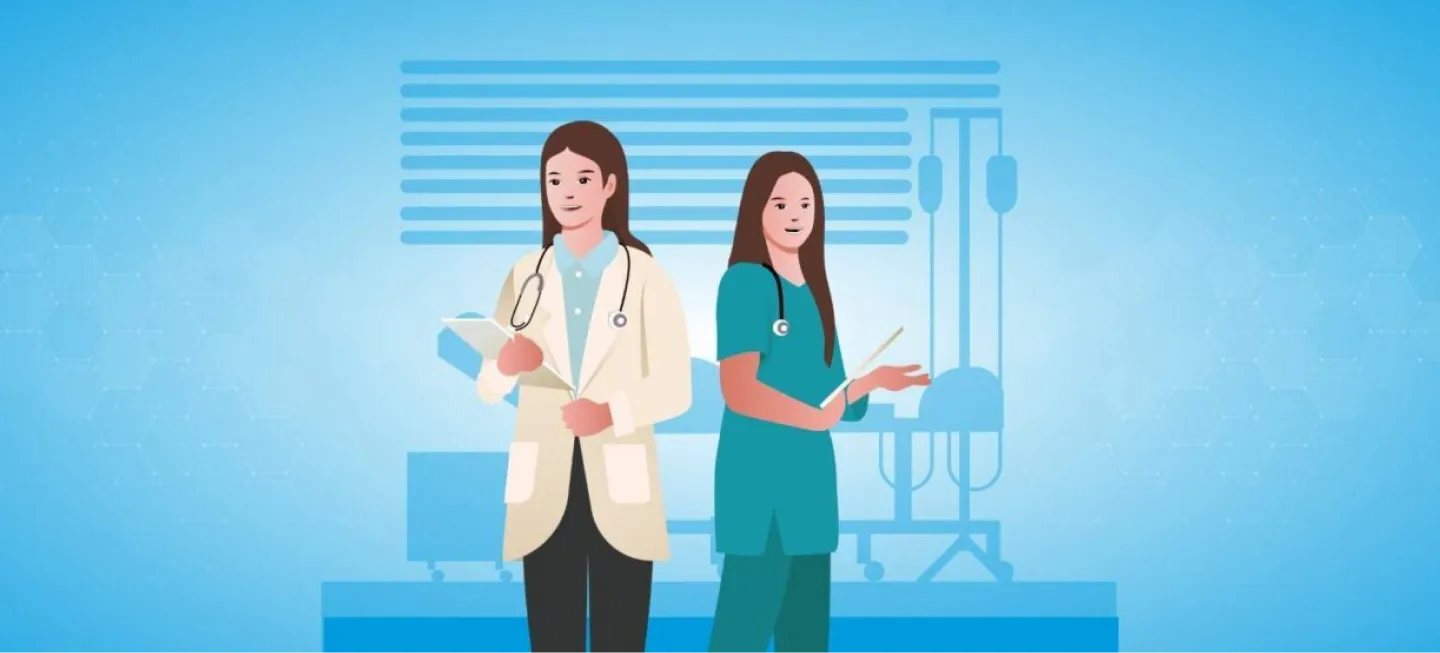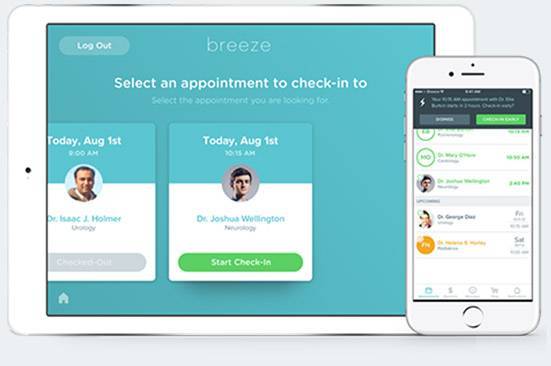In the diverse field of healthcare, the roles of Nurse Practitioners (NPs) and Physician Assistants (PAs) have won the title for one of the most prominent and helpful individuals in patient care. Understanding the distinctions between these professions is crucial for aspiring healthcare experts and those seeking clinical help. In this post, we will explore the pros and cons of nurse practitioners vs physician assistants, highlighting the specific distinctions between a PA and NP besides describing their roles, respectively.
What is a Nurse Practitioner?
A Nurse Practitioner (NP) is a Practice Registered Nurse (APRN) with specialized training and practice education. NPs go through rigorous programs, earning a diploma of Master of Science in Nursing (MSN) or a Doctor of Nursing Practice (DNP) diploma. Their training covers clinical knowledge and skills and focuses on providing care to a patient having a medical concern. Nurse practitioners (NPs) provide a variety of healthcare services, including diagnosing and treating health conditions, prescribing medications, and imparting preventive care.
What is a Physician Assistant?
A Physician Assistant (PA) is a medical expert supervised by an authorized health practitioner at work. PAs must achieve a master’s degree program in physician assistant studies, educational training and clinical rotations. Their training covers diverse clinical disciplines, enabling them to perform physical tests, diagnose and treat illnesses, and help in surgeries. PAs work closely with physicians to deliver patient care.
Physician Assistant (PA) vs Nurse Practitioner (NP): A Comparative Analysis
Let’s explore the important differences between the professions cited above for an in-depth comparison, considering each profession’s roles, duties, educational requirements, advantages, and drawbacks.
· Education and Training
Nurse Practitioner:
· Pros: NPs generally have a nursing background, providing a strong foundation in patient care and holistic nursing standards. The flexibility of NP programs allows for a smooth transition from undergraduate nursing education to higher practice.
· Cons: Some argue that the nursing background may lead to a more holistic, but less specialized approach compared to the intensive clinical training of PAs.
Physician Assistant:
· Pros: PAs undergo comprehensive clinical schooling, which covers various specialties equipping them with a versatile skill set. The extensive scope of PA schooling enables PAs to quickly adapt to specific clinical settings.
· Cons: PAs usually possess less nursing experience than NPs, impacting their ability to offer holistic and patient-focused care.
Autonomy and Supervision
Nurse Practitioner:
· Pros: NPs often enjoy a higher degree of autonomy, with many states allowing them to exercise independently. It allows NPs to expand strong patient-provider relationships and offer well-timed care.
· Cons: The level of autonomy for NPs varies by state, requiring collaborative agreements or supervision by a doctor in some instances.
Physician Assistant:
· Pros: PAs work under the supervision of a licensed health practitioner, ensuring a collaborative healthcare approach. The supervisory model permits PAs to visit physicians when needed.
· Cons: The requirement of working under the supervision of a doctor may result in barriers and prevent PAs from working independently in any condition. probably slowing down patient care.
Scope of Practice
Nurse Practitioner:
· Pros: Nurse practitioners consider medical, social, emotional, and environmental elements while caring for their patients. Comprehensive education allows NPs to concentrate on various areas.
· Cons: The versatile scope of practice can result in less specialization compared to physicians or PAs with targeted medical training.
Physician Assistant:
· Pros: PAs have a flexible scope of exercise, which allows them to gain work experience in diverse medical specialties. The collaborative nature of the PA-doctor relationship ensures that patients benefit from a mix of clinical expertise and hands-on care.
· Cons: PAs may face limitations on their scope of practice, which are subjective to state policies and the extent of physician supervision required.
Salary and Compensation
Nurse Practitioner:
· Pros: NPs generally get appointed at market-competitive salaries, with the chances of making better income in specialized fields or regions with excessive demand for healthcare experts.
· Cons: Salary range for NPs may vary primarily based on factors like geographic region, specialization, and local healthcare rules.
Physician Assistant:
· Pros: PAs generally receive high salaries, with opportunities for growth and advancement. The versatile experience of PAs provides them with an opportunity to explore various clinical settings.
· Cons: Earnings of a PA may vary depending on geographic area, expertise, and specialization.
Demand and Job Outlook
Nurse Practitioner:
· Pros: The demand for NPs is rising within crease in the population of older people and extended healthcare requirements. NPs fill gaps in primary care, mental fitness, and specialty areas.
· Cons: Demand for NPs might vary based on geographic region, specialization, and local healthcare guidelines.
Physician Assistant:
· Pros: PAs also have strong demand in the healthcare market, with good opportunities in diverse healthcare settings. The versatile training allows variation to evolving healthcare requirements.
· Cons: Regional healthcare demands, population density, and policy adjustments may influence demand for PAs.
Medical Billing: An Essential Aspect in Both Professions
NPs and PAs deal with patient information, but they must keep it private and safe. As such, they should stay up to date on HIPAA policies and different legal guidelines for data privacy to avoid possible breaches. It highlights the significance of healthcare vendors’ dedication to safeguarding patient records and preserving trust.
Medical billing is critical to the everyday function of Nurse Practitioners (NPs) and Physician Assistants (PAs). They are skilled in ensuring that healthcare companies receive accurate payment for the services rendered. As healthcare policies and billing necessities keep updating, continuous training and education are important to address the complexities of medical billing. Maintaining stability among administrative responsibilities and patient interaction is tough in healthcare settings. Streamlined billing processes and administrative aid are essential to make sure that NPs and PAs can direct their attention to supplying high-quality care to their patients.
Conclusion
Nurse Practitioners and Physician Assistants both serve their much-needed role in healthcare. Both professions are in excessive demand due to an aging populace, accelerated healthcare requirements, and a focal point on preventive care. Collaboration between NPS and PAs can enhance patient care and address the challenges faced in the healthcare sector. Medical billing is an important aspect of both professions that calls for ongoing training and attention to detail. Aspiring healthcare specialists must carefully weigh the pros and cons of both professions to choose the path that aligns with their dreams, values, and the healthcare demands of their communities.




